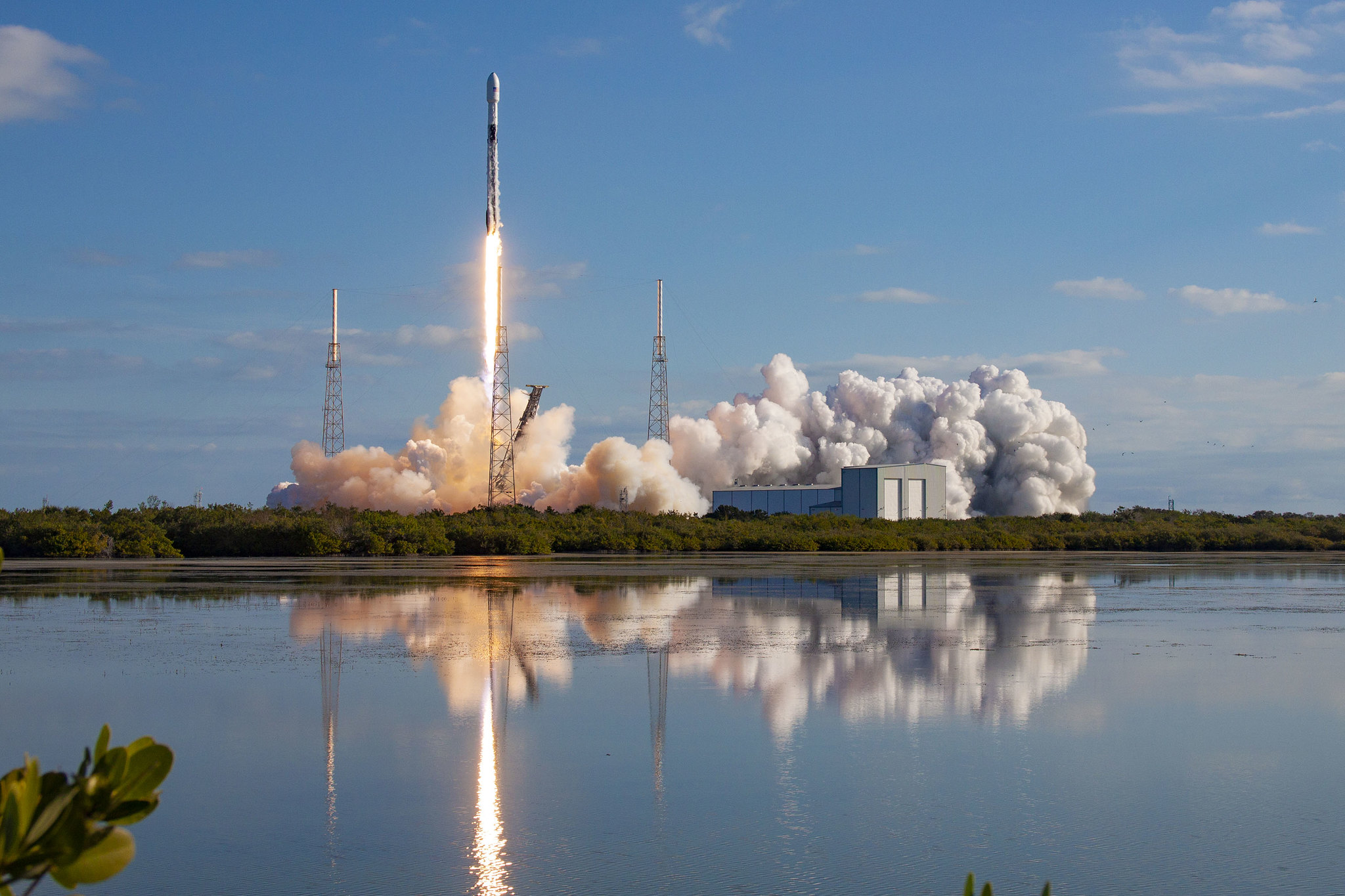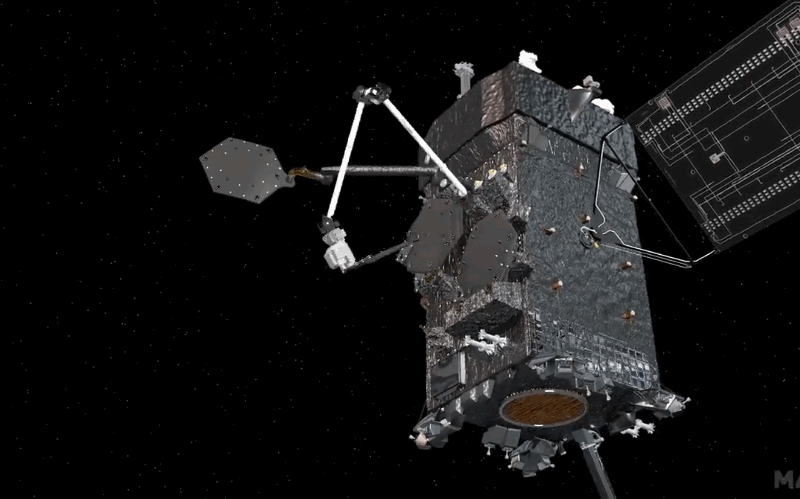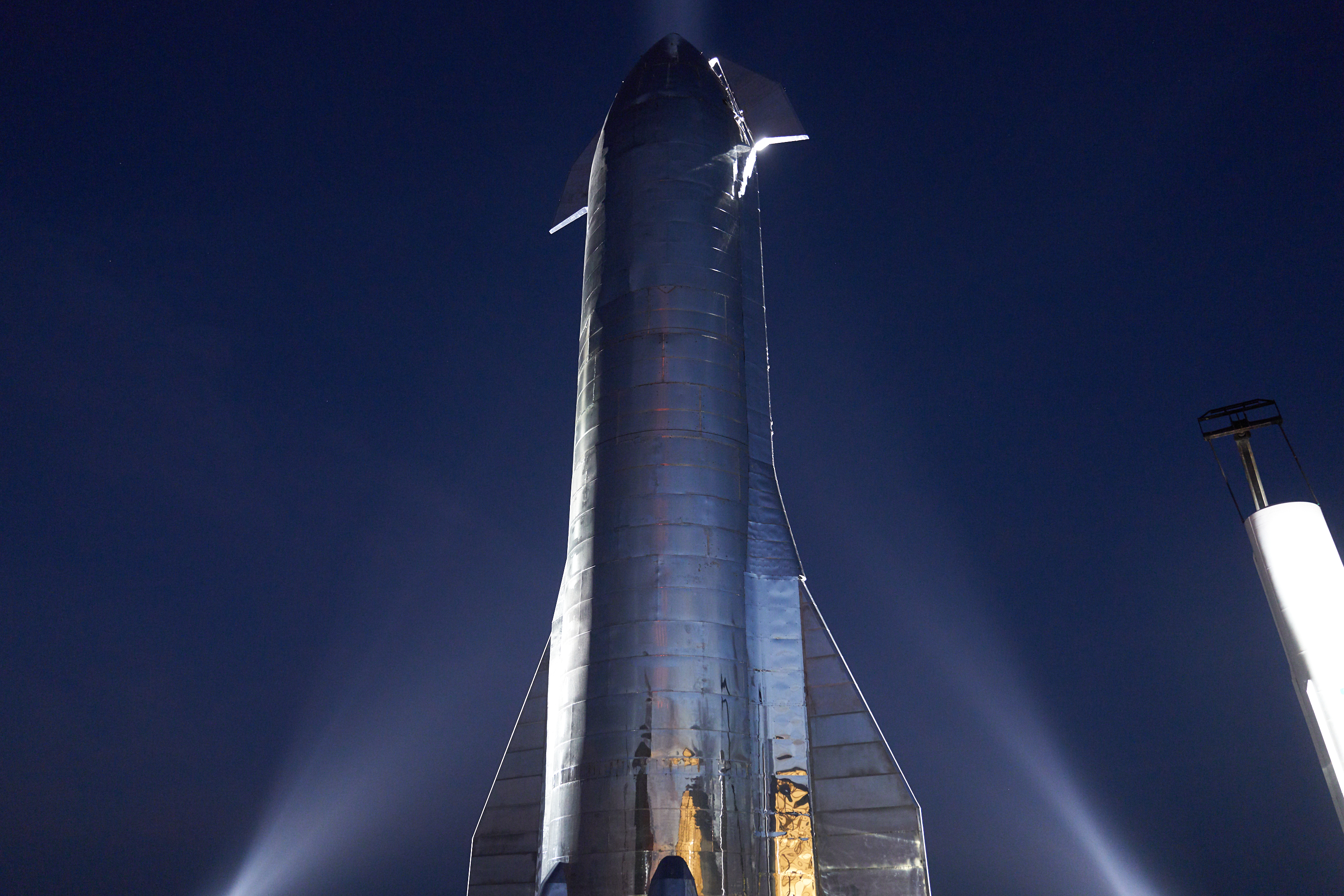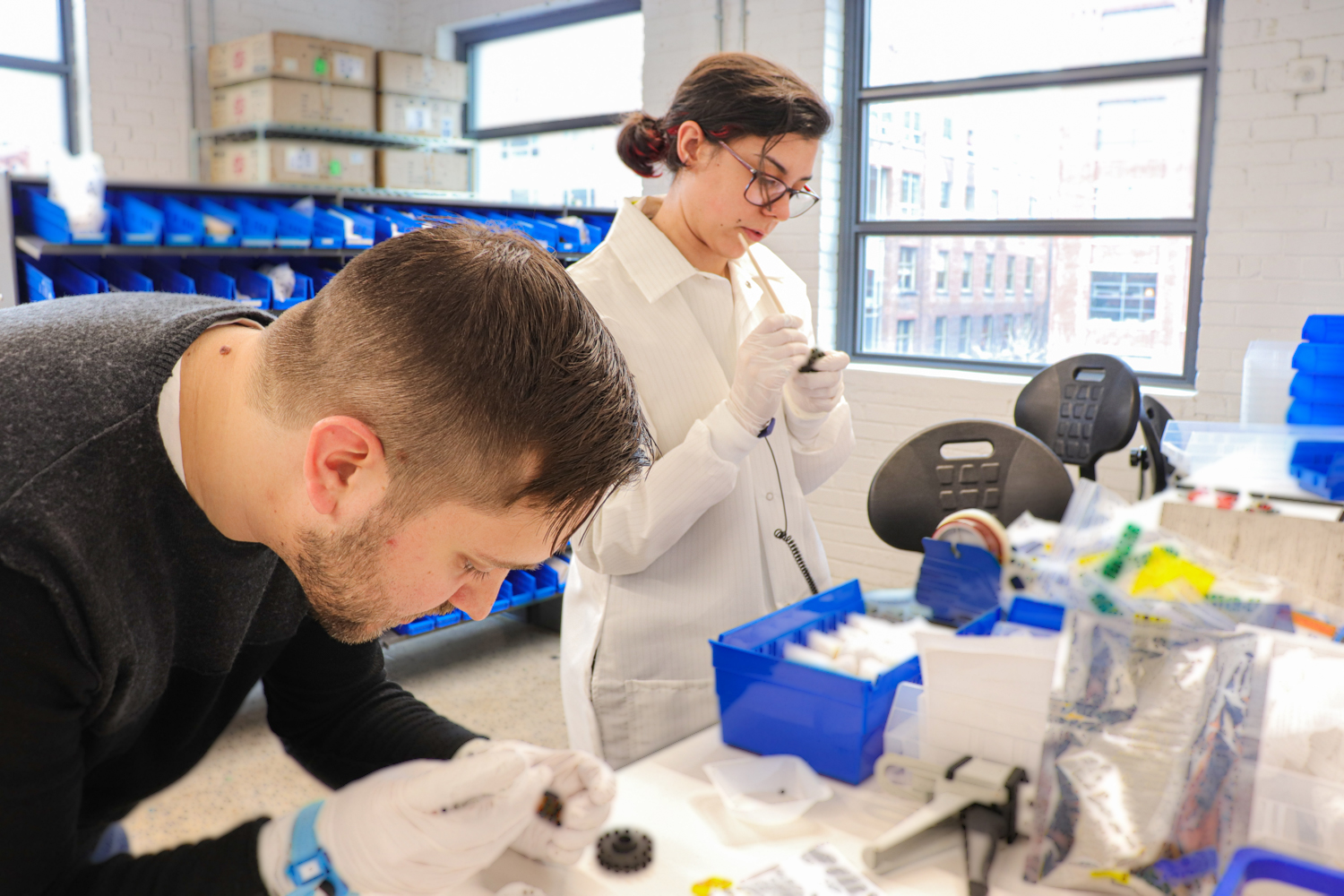Max Q is a new weekly newsletter all about space. Sign up here to receive it weekly on Sundays in your inbox.
This week was the busiest yet for space-related news in 2020, thanks in part to the 23rd Annual FAA Commercial Space Transportation Conference that happened last week. The event saw participation from just about every company who has anything to do with commercial spaceflight, including SpaceX, Blue Origin and Virgin Galactic, and dove deep on questions of regulation and congressional support for NASA’s Artemis program.
Our own TC Sessions: Space 2020 event, which is happening June 25 in LA, will zero in on the emerging startup economy that plays such a crucial role in commercial space, and it’s sure to touch on the same topics but get into a lot more detail on the innovation side of things as well.
SpaceX launches 60 more satellites – second Starlink launch already in 2020
 SpaceX is clearly very eager to get its Starlink satellite broadband network operational, as the company has already launched not one, but two batches of 60 satellites for its constellation in 2020. After a launch early in January, the latest batch when up on January 29, moving SpaceX closer to the total volume of satellites needed for it to begin offering service in North America, its first target market for the (eventually) world-spanning network.
SpaceX is clearly very eager to get its Starlink satellite broadband network operational, as the company has already launched not one, but two batches of 60 satellites for its constellation in 2020. After a launch early in January, the latest batch when up on January 29, moving SpaceX closer to the total volume of satellites needed for it to begin offering service in North America, its first target market for the (eventually) world-spanning network.
Rocket Lab launches its first mission in 2020
Busy launch week for new space launch companies, as Rocket Lab also launched a mission – its first of 2020. The launch was on behalf of client the U.S. National Reconnaissance Office, delivering a surveillance satellite for the U.S. intelligence agency. This is part of a new program the NRO has in place to quickly secure launch vehicles for small satellites, departing from its traditional practice of using large, geostationary Earth observation spacecraft.
NASA and Maxar to demo in-orbit spacecraft assembly

NASA and its partner Maxar are planning to demonstrate orbital manufacturing in a big way using a robotic platform in space that will assemble a new multipanel reflector antenna. It’ll also refuel a satellite in space, both demonstrations that would go a long way towards proving out the viability and potential commercial benefit of doing maintenance, upgrades and spacecraft assembly in orbit.
NASA teams with Axiom Space on first commercial ISS habitat module
NASA has tapped space station startup Axiom to build its first commercial module for the ISS designed to receive and house commercial astronauts. It’s a place designed for both work (research and science experimentation) and play (potentially receiving future paying orbital tourists) and it’s step one of Axiom’s grand vision for a fully private space station. Axiom is founded by a former ISS manager whose mission is to ensure we don’t lose human presence in orbit following the Space Station’s eventual decommission.
SpaceX looks to Port of LA for Starship manufacture

SpaceX will eventually have to manufacture a lot of Starships to meet founder Elon Musk’s ambitious goals for frequent flights and Mars colonization. Musk wants to build 1,000 Starships over the course of the next decade, and talks are ongoing with the Port of LA to potentially manufacture at least some of them there, where there’s easy access to water for shipping the rockets to launchpads including SpaceX’s Florida facilities.
Space needs an exit
Space startups are seeing record investment, and a record number of seed rounds indicating ample interest in starting new companies – but investors are still watching for that next big exit. They’ve been few and far between in the sector, which is not something you want to see if you want the hype to continue.
Kepler will build its satellites in Toronto

Satellite constellation startup Kepler Communication is going to be building its IoT small satellites in-house in downtown Toronto. Not necessarily everyone’s first choice when building satellites, but Kepler wants to keep things to its own backyard to eventually realize cost efficiencies, and to closely align design and development with manufacturing.

